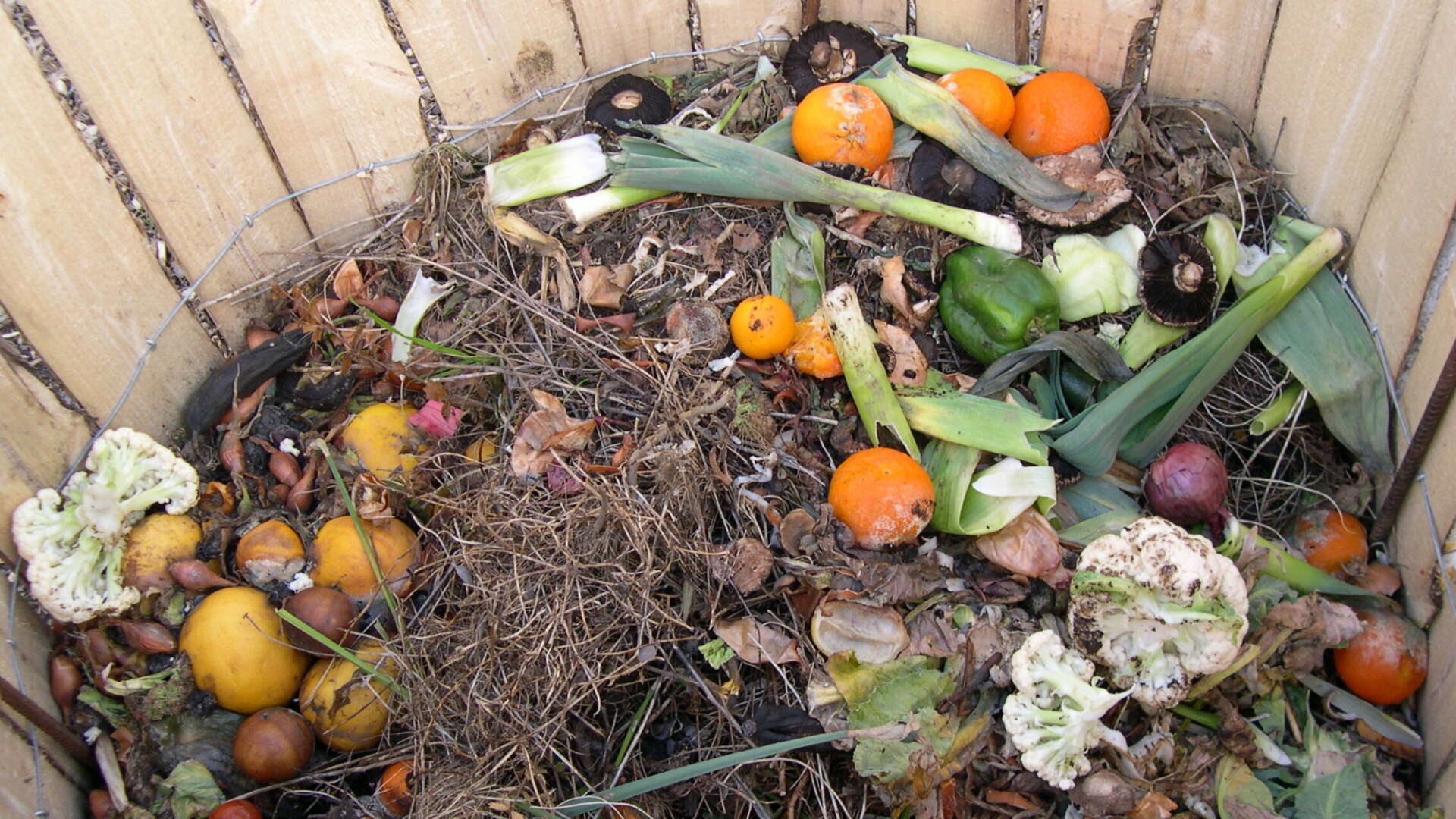Are you composting your tea bags?

Many makes of tea bags, even the organic brands, often include a small amount of polypropylene, which helps with the sealing and tying of the bag. This will not break down in the domestic compost heap, and indeed particles will remain even after commercial 'green waste' composting. Some brands use instead a polymer fibre derived from plant starch, called PLA. This starch is often sourced from genetically engineered crops. This will eventually degrade in the home compost heap, but it takes some time. We therefore recommend the following (in line with our 'traffic light' system to help growers transition towards fully organic methods):
Best practice (ie first choice as organic grower): Use leaf tea, or source and buy bags which don’t have plastic in them.
Also acceptable (although not gold standard, this is still good practice): Empty bags, put leaves on heap and bags in rubbish collection.
Acceptable (as a one-off or temporary measure): Put tea bags on compost heap.
Tea leaves, coffee grounds and other kitchen vegetable waste are all valuable additions to the compost heap. Using them this way also prevents unnecessary waste being collected and processed. See also Waste Not ... for advice on how to make use of garden waste such as woody clippings, perennial weed roots etc
You may also like

Join Garden Organic!
By becoming a Garden Organic member you can join thousands of people who are already leading the movement for an organic and sustainable future for us all. And get great member benefits!
Join today